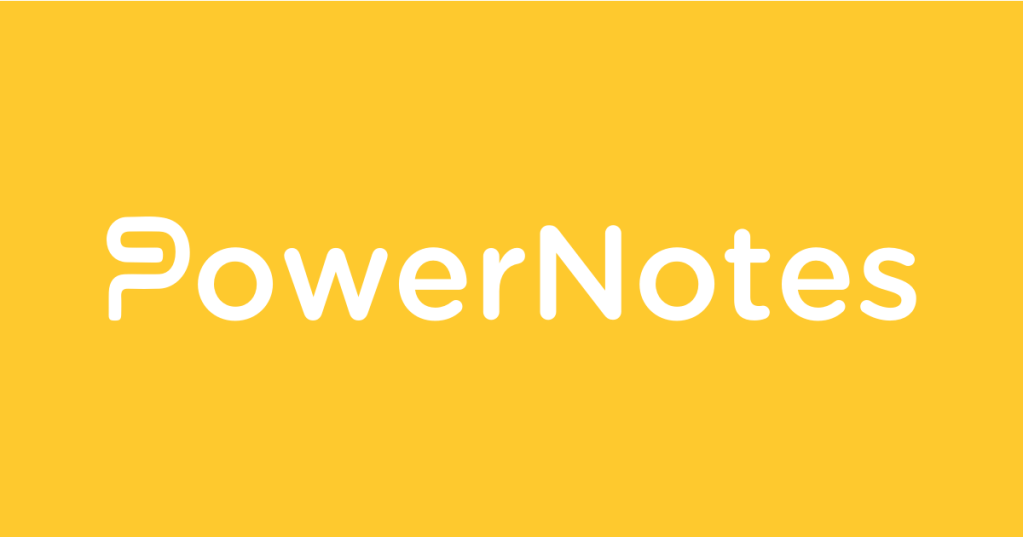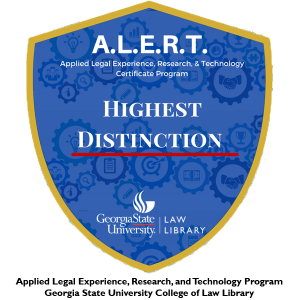
The GSU College of Law Library recently added PowerNotes (Premium) to its Database List. This is perhaps somewhat misleading as PowerNotes is not a research database, per se, but rather a research outlining and management tool. There is a stripped-down free version of PowerNotes; however, the law library acquired institutional access to its premium service (including unlimited projects and other upgrades) for the GSU College of Law community.
PowerNotes uses a browser extension to help with online research, specifically gathering and keeping track of source materials, and organizing and creating a writing outline. Users can install either the Chrome or Firefox browser extension; these are the only browser options at the moment. Once installed, use your campus email address to create an account. Now, you can create a project and begin searching on a preferred research platform or across the web, generally. PowerNotes works with any webpage you browse, including legal subscription services such as Westlaw Edge, Lexis+, and HeinOnline (which provides a LibGuide on how to use PowerNotes on its platform). This is perhaps its most significant feature– centralizing your research regardless of where the source material resides online.
When users find relevant information, they can highlight the text, save it, assign a topic to it and annotate it. The text is saved with a link back to the source. Citation information is automatically collected and put in a preferred citation format, say bluebook. At any time during the research process, users can revisit their projects and reorganize, rename, or expand their topics and quotes.
PowerNotes has compiled a helpful instructional video library. Also, the law library will host training on PowerNotes on Tuesday, March 1 @ 3:15 PM and Wednesday, March 2 @ 5:10 PM. Both sessions will be 45 minutes and satisfy a topic session for the Law Library’s Applied Legal Experience, Research, & Technology (ALERT) Program.
In the interim, if you have questions or problems accessing PowerNotes, contact Librarian Manion. Do good research.





You must be logged in to post a comment.